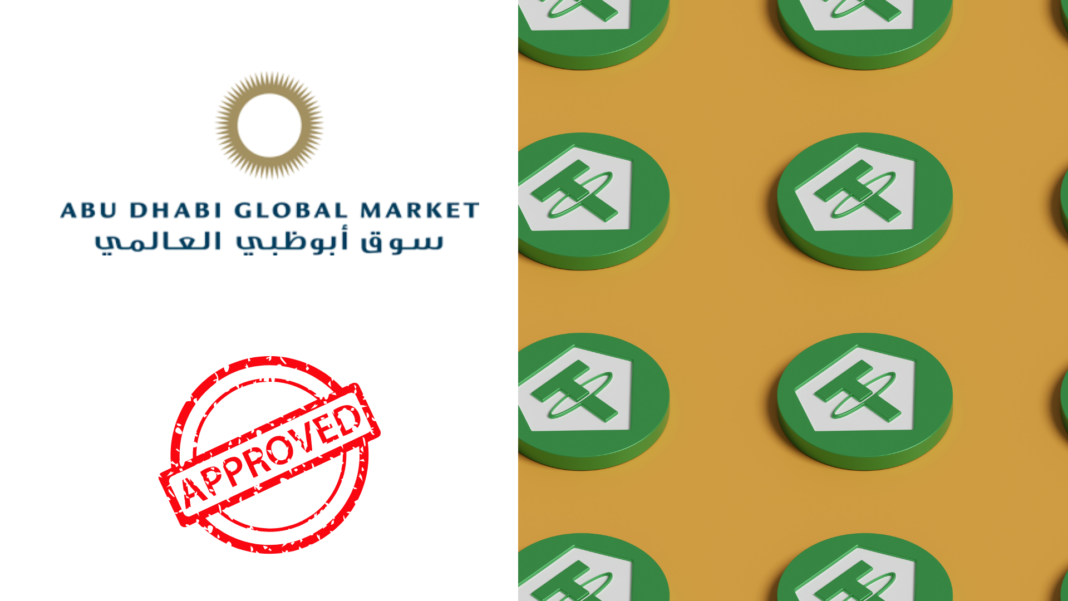Tether’s USDT has received a “virtual asset” acceptance tag by Dubai regulators. According to the official announcement on December 10th, Tether declared that the Abu Dhabi Global Market’s Financial Services Regulatory Authority (ADGM), the UAE capital, has approved USDT, its stablecoin, as a “accepted virtual asset” (AVA).
Additionally, the three main blockchains of Ethereum, Solana, and Avalanche are covered by this recognition for USDT. The approval comes against the backdrop of USDT getting global hype and garnering heightened attention from the crypto market participants.
FSRA Accepts USDT as Accepted Virtual Asset
According to the announcement, the Financial Services Regulatory Authority (“FSRA”) has approved USDT as an Accepted Virtual Asset (“AVA”) in the Abu Dhabi Global Market (“ADGM”).
This approval advances the region’s leadership in digital asset innovation by allowing Authorized Persons licensed and operating by the FSRA to provide pre-approved services related to USDT.
The announcement also coincides with the United Arab Emirates’ (UAE) growing use of digital currencies, which reflects the country’s aggressive integration of traditional and digital finance.
“This milestone underscores Tether’s commitment to fostering global financial inclusion and innovation. By bringing USDT to the forefront of ADGM’s regulated virtual asset framework, we are not only validating the importance of stablecoins as critical tools for modern finance but also opening new doors for collaboration and growth across the Middle East,” said Paolo Ardoino, CEO of Tether.
He adds, “The UAE’s forward-thinking approach to virtual asset regulation sets a global benchmark, and we are proud that USDT can play a pivotal role in driving economic progress and digital transformation in the region. This approval highlights Tether’s dedication to building bridges between traditional and decentralized economies while ensuring security, trust, and efficiency for users worldwide.”
UAE Experiences Rise in Crypto Market As Middle East Sees Rise in Userbase
The approval for the USDT stabelcoin comes as the entire crypto industry in the Middle East has grown exponentially.
Both the operational capacity and user base of the cryptocurrency industry have grown dramatically in the Middle East and North Africa region.
The MENA region is predicted to have the seventh-largest cryptocurrency market globally in 2024, as reported by Unorypto earlier. The region’s on-chain value is expected to reach $338.7 billion between July 2023 and June 2024, or 7.5% of the total volume of transactions worldwide.
Cryptocurrency activity in the MENA region is mostly driven by institutional and professional-level activity, with 93% of all value transferred coming from transactions of $10,000 or more.
In fact, as the global cryptocurrency markets rebound in the region, governments are working to develop regulatory frameworks that balance innovation with necessary protections.


